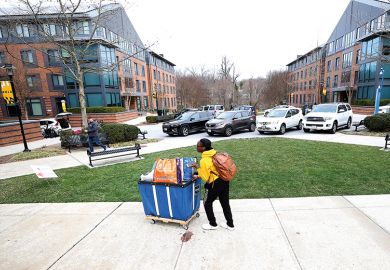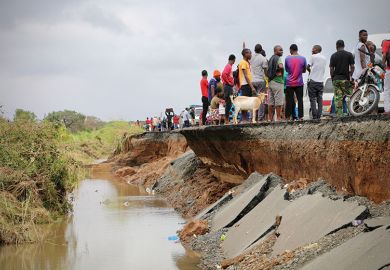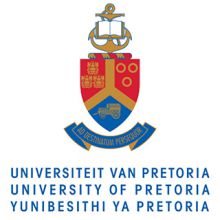The Covid-19 crisis is likely to undermine the progress that South Africa has made post-apartheid in providing equal access to quality higher education, a university leader has warned.
Tawana Kupe, vice-chancellor of the University of Pretoria, said that a significant number of students in the country do not have the devices or stable enough electricity to study online and internet data costs were “very high”.
He added that his institution was negotiating with telecommunications companies not to charge customers for data from the university’s website, a practice known as “zero rating”.
Meanwhile, the healthcare system in South Africa is “not that well developed and does not cover everybody” and the share of medical personnel is “much lower” than in other countries, he said.
There have also been widespread concerns that the high-density neighbourhoods in townships in South Africa and across the continent have made self-isolation very challenging.
“Definitely this [coronavirus] situation will exacerbate the existing inequalities,” Professor Kupe told Times Higher Education. “It’s a serious undermining of the progress that we have made so far.”
Professor Kupe said that in terms of the number of students being able to access higher education, the University of Pretoria had made “tremendous progress” over the past 25 years. About 65 per cent of students at the institution are black, up from just 11 per cent in 1994, while 55 per cent are female.
He added that the introduction of free higher education for students from households with a combined annual income of less than R350,000 (£19,783) at the end of 2017 helped to remove some of the financial barriers to university.
Despite his concerns around the poorest students accessing higher education during the pandemic, Professor Kupe said that South African universities were “relatively well prepared” to embrace online education. He said this was largely because of digital developments made in 2015 and 2016 when campuses were forced to close during the Fees Must Fall and Rhodes Must Fall movements.
“We’re leveraging off that previous experience,” he said.
He added that while electricity and internet access was an issue, “mobile phone penetration is very high” in South Africa and universities could do more to enable students to access education via their phones.
“It’s not all doom and gloom. With every cloud there is a silver lining,” he said. “There has always been potential for digital transformation in many of our domains, including higher education, but we were not moving as fast as we could. Covid-19 is now a driver of this change and necessity always is the mother of invention.”
Professor Kupe said that other countries could learn from Africa’s response to the Ebola virus during the Covid-19 pandemic.
“Nigeria did very well during the Ebola crisis. They did a lot of testing and tracing. So there are some learnings,” he said. “Pandemics or epidemics are often much more endemic in Africa than they are in Europe. There is scope for the sharing of knowledge and management.”
Register to continue
Why register?
- Registration is free and only takes a moment
- Once registered, you can read 3 articles a month
- Sign up for our newsletter
Subscribe
Or subscribe for unlimited access to:
- Unlimited access to news, views, insights & reviews
- Digital editions
- Digital access to THE’s university and college rankings analysis
Already registered or a current subscriber?










